When it comes to strokes, men and women don’t always experience the same warning signs. While both genders share classic symptoms like sudden numbness, confusion, and slurred speech, women often encounter subtle, unexpected symptoms that are easily mistaken for everyday issues.
That’s why recognizing these silent red flags is crucial. Acting quickly could mean the difference between full recovery and serious complications—or even saving a life.
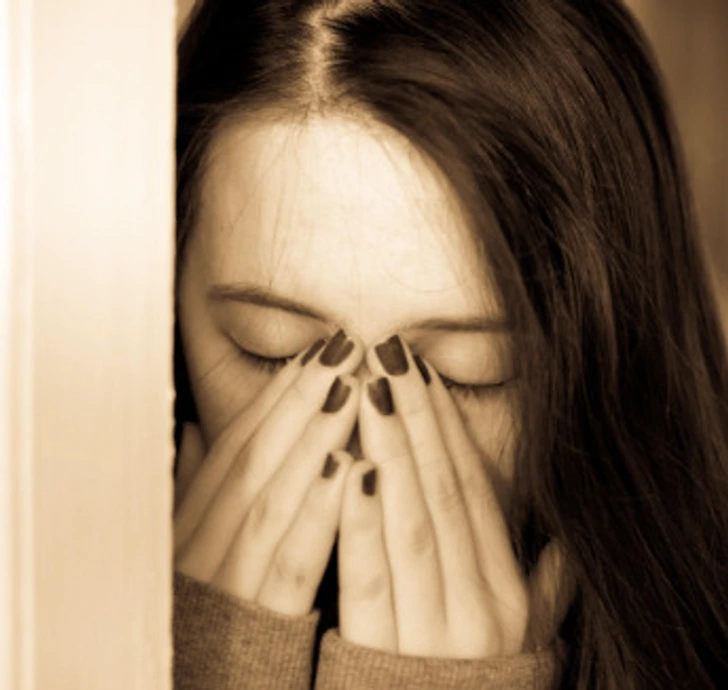
This article is for informational purposes only. Always seek medical advice from your healthcare provider if you suspect a health issue.
Sudden Hiccups: A Surprising Red Flag
We usually think of hiccups as nothing more than an annoyance after eating too quickly.
But for women, persistent hiccups can sometimes be an early sign of a stroke, particularly if the brainstem is affected.
Women are much more likely than men to experience hiccups linked to stroke events. Often, these hiccups come paired with chest discomfort, nausea, or a strange sensation in the throat.
Because it’s such an unusual symptom, many people don’t recognize the urgency—and precious time is lost.
Video: 7 Hidden Stroke Symptoms Women Should Never Ignore! Save Lives with This Crucial Info!”
Unexplained Nausea or Vomiting
Sure, nausea happens for all sorts of reasons—bad food, flu, even nerves.
But sudden, intense nausea, dizziness, or vomiting can signal a stroke, especially when the back of the brain (the cerebellum) is involved.
Women experiencing a stroke may chalk it up to indigestion or food poisoning, delaying vital treatment.
Men, on the other hand, report nausea less frequently during strokes and are more likely to show obvious symptoms like facial drooping or limb weakness.
Extreme, Crushing Fatigue
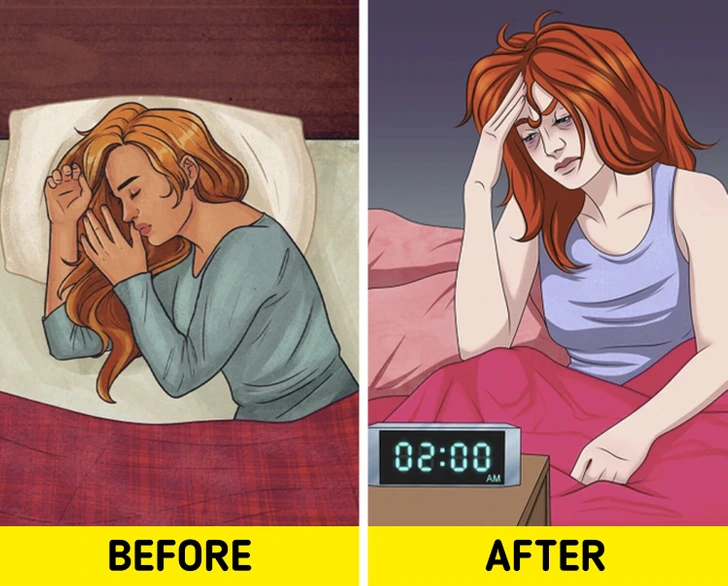
This isn’t your everyday tiredness.
Women experiencing a stroke often feel a level of exhaustion so overwhelming that even simple tasks become impossible.
Unfortunately, many women dismiss this fatigue as a side effect of busy lives, work stress, or family responsibilities.
But when extreme tiredness comes out of nowhere—and feels unlike anything you’ve experienced—it’s a warning you shouldn’t ignore.
Men tend to show more localized physical weakness instead of this full-body fatigue.
Chest Pain or Shortness of Breath
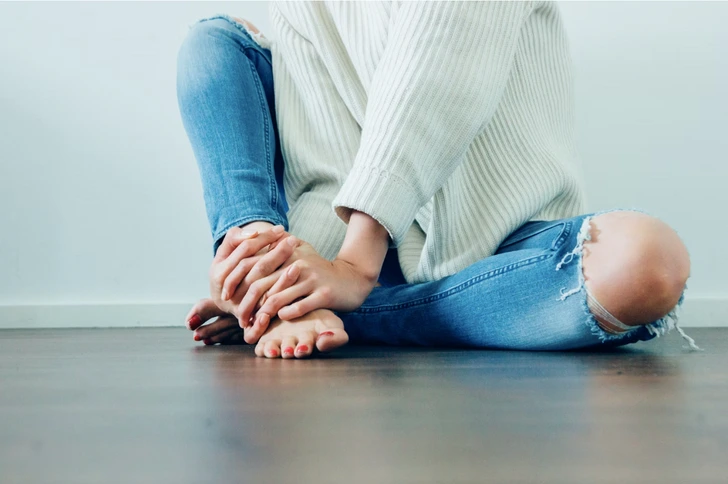
Most people associate chest pain with heart attacks, but it can also be a warning sign of a stroke—especially in women.
Women often describe tightness, pressure, or a squeezing feeling in the chest that sometimes accompanies difficulty breathing.
Because chest pain is usually linked to heart issues, many women seek cardiac help when they should be getting stroke care.
Men are far less likely to report chest discomfort during a stroke, making this symptom especially important for women to recognize.
Sudden Confusion or Emotional Changes
Video: 7 Stroke Symptoms 1 month before it happens (Detect it Quickly)
Strokes can mess with the brain’s emotional and cognitive centers, and in women, this can show up in surprising ways.
Instead of classic slurred speech, women may experience emotional outbursts, agitation, hallucinations, or even difficulty recognizing familiar faces and places.
It’s easy to mistake these symptoms for panic attacks, dementia, or even high stress—but make no mistake, these changes can be signs of a stroke.
Men tend to display confusion more directly, like struggling to understand words or follow simple instructions.
Severe, Unrelenting Headaches
A brutal headache that comes on suddenly and feels like the worst pain imaginable?
That’s another stroke warning sign, especially in women.
Women are more prone to migraines, so it’s easy to brush off a sudden headache as “just another bad migraine.”
But a stroke-related headache is different: it hits like a thunderclap, doesn’t fade with medication, and is often paired with other neurological symptoms.
While men can experience stroke-related headaches too, they’re generally reported less often compared to women.
Generalized Weakness, Not Just on One Side
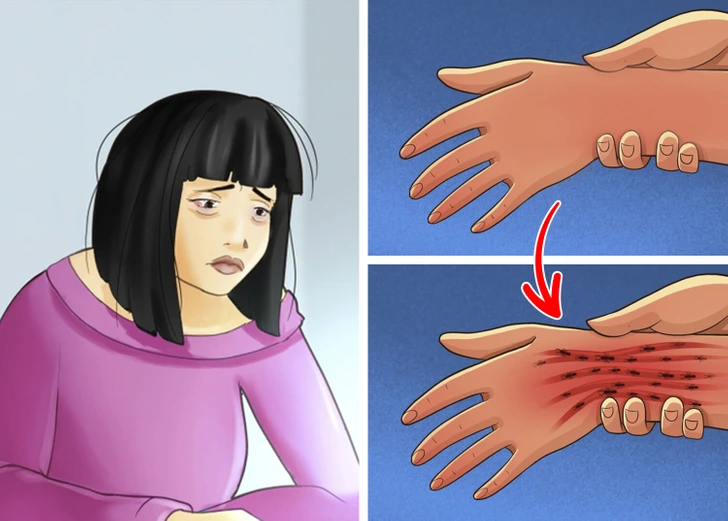
Most of us are taught that stroke symptoms include weakness on just one side of the body.
While that’s true, women often feel an all-over sense of heaviness, weakness, or sluggishness.
This general weakness can make it harder to recognize the stroke for what it is.
If your whole body suddenly feels like it’s moving through mud, don’t dismiss it—act fast.
How to Lower Your Risk Starting Today
The good news? You can take steps right now to dramatically lower your stroke risk. Here’s how:
- Monitor Your Blood Pressure:
High blood pressure is one of the biggest stroke risk factors. Regular checkups, medication if necessary, and a heart-healthy diet can keep your numbers in the safe zone. - Move Your Body:
Physical activity improves blood circulation and strengthens your heart. Even 30 minutes of walking a day can make a significant difference. - Eat a Balanced Diet:
Fuel up on fruits, veggies, whole grains, and lean proteins. Cut back on processed foods, salt, and excess sugar to keep your arteries clear and your brain healthy. - Understand Hormonal Risks:
Pregnancy, birth control pills, and menopause all impact stroke risk. Talk with your doctor about strategies to manage these changes safely. - Kick the Habit:
If you smoke, quitting is one of the best things you can do for your heart and brain health. The benefits start almost immediately. - Trust Your Instincts:
If something feels wrong—even if it’s subtle—get medical help immediately. When it comes to strokes, every second truly counts.
The Bottom Line: Be Your Own Best Advocate
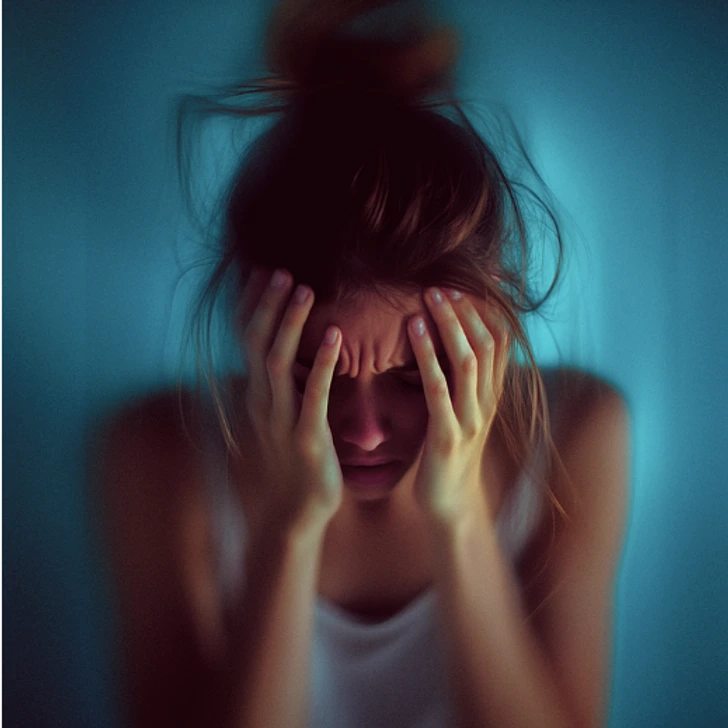
Stroke symptoms in women often don’t look like they do in men—or on TV.
That’s why it’s so important to stay alert to the subtle signs. Whether it’s sudden hiccups, crushing fatigue, or strange emotional shifts, don’t brush it off.
When it comes to your health, it’s better to be overly cautious than to regret waiting too long. Trust your instincts, listen to your body, and never hesitate to seek medical attention.
After all, being proactive could save your life—or someone else’s


